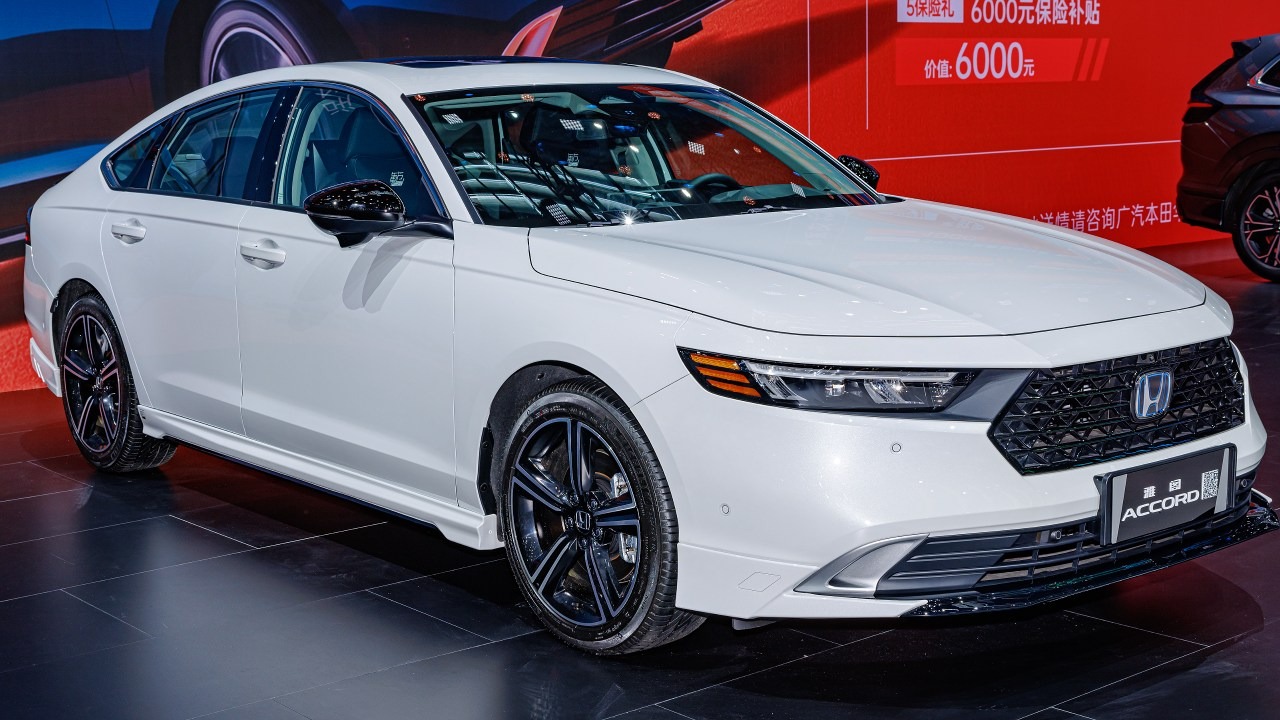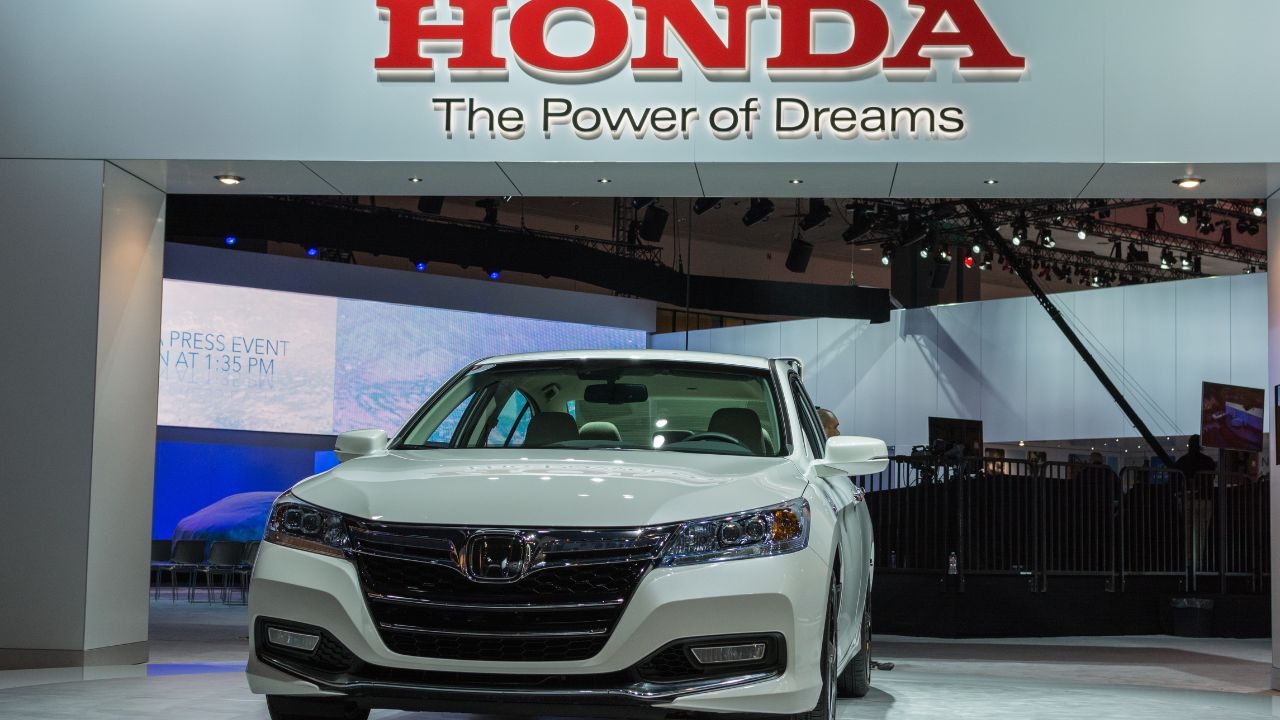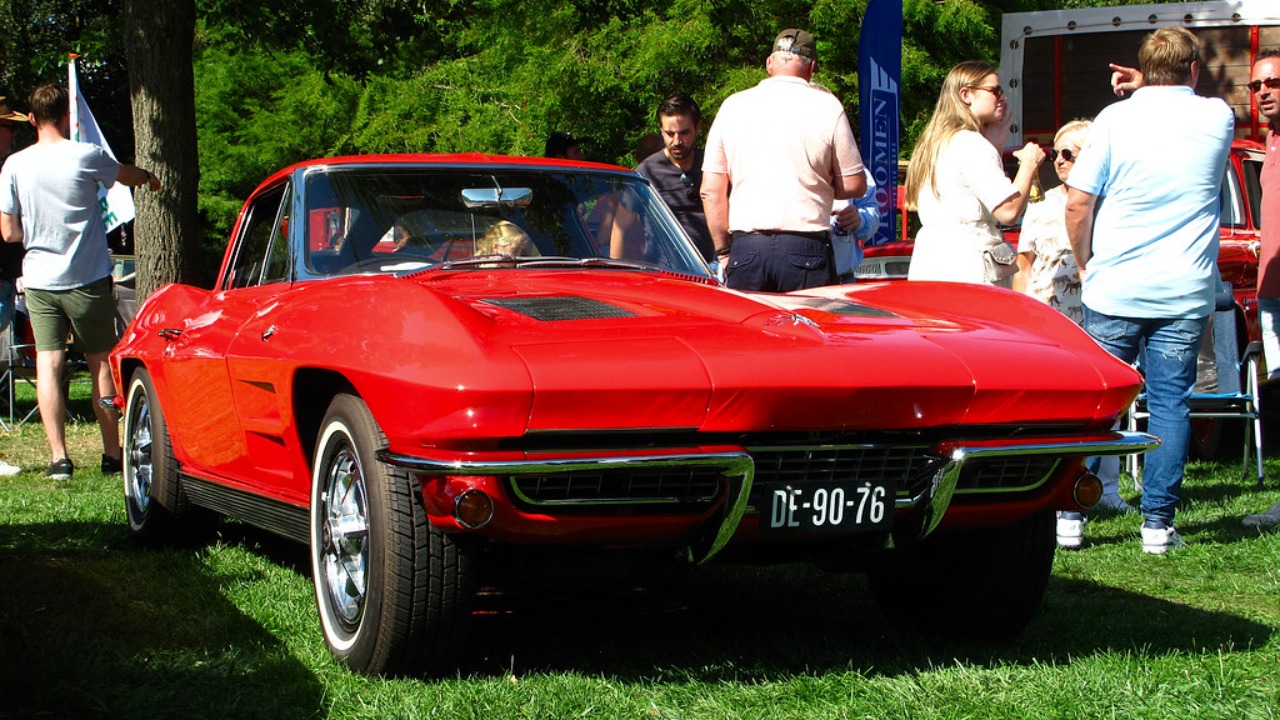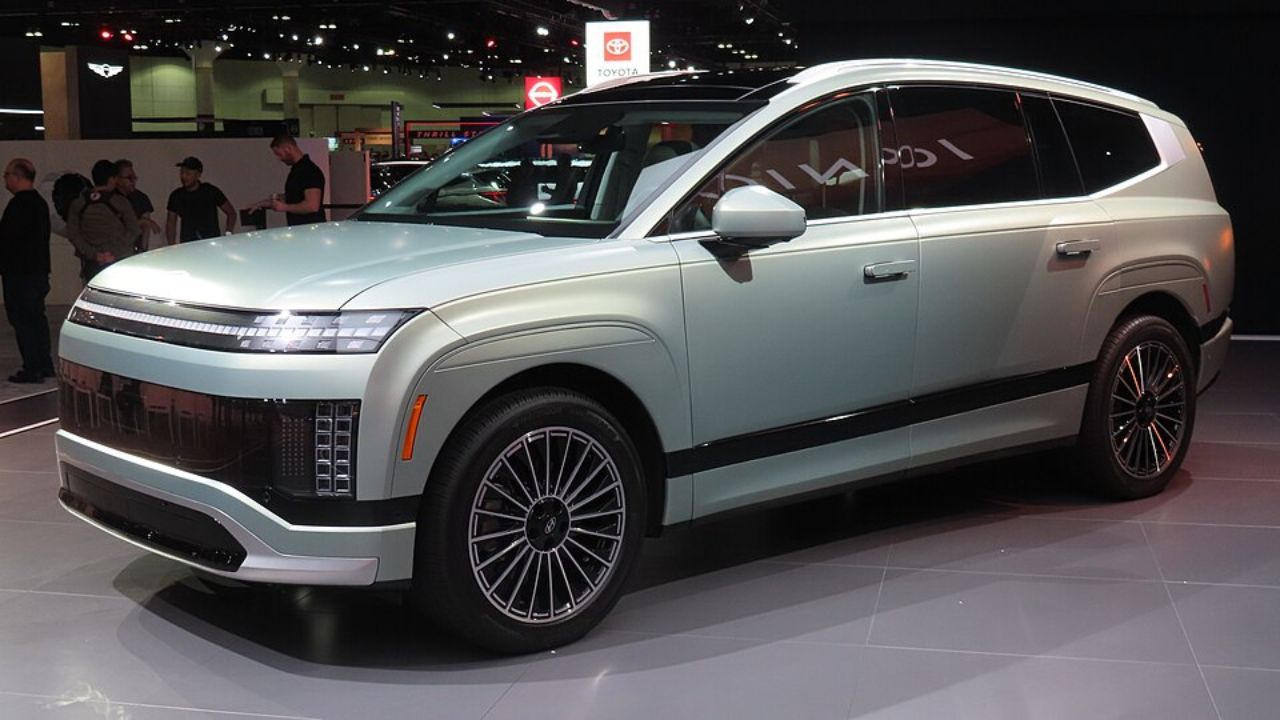Honda is recalling 256,603 Accord Hybrid sedans from the 2023–2025 model years after discovering a software error that can cause the vehicle to suddenly lose drive power while in motion. Federal safety regulators warn that a loss of propulsion at speed sharply increases the risk of a crash, especially because the failure can happen without warning. The issue highlights how a single coding error inside a modern hybrid system can undermine vehicle performance in ways that once required a major mechanical breakdown.
According to Honda’s filing with the National Highway Traffic Safety Administration (NHTSA), improper software programming in the Integrated Control Module (ICM) can cause the CPU to reset while the vehicle is being driven. When this occurs, the Accord Hybrid may lose drive power entirely until the system recovers, leaving drivers unable to accelerate or maintain speed. While Honda has received hundreds of warranty claims related to the behavior, the automaker reports no injuries or fatalities tied to the defect.
What Honda’s Recall Actually Covers
The recall applies specifically to 2023–2025 Accord Hybrid models, and does not include non-hybrid Accords or other Honda nameplates. Honda traced the problem to improper software programming provided by a supplier, which can disrupt the operation of the hybrid propulsion system rather than affecting secondary or convenience features. That distinction is significant: because the glitch strikes the core system that propels the vehicle, regulators classify it as a clear safety defect requiring a formal recall.
Honda’s engineering review found that the CPU reset can occur under normal driving conditions, not just extreme loads or rare scenarios. When the reset happens, propulsion can drop out suddenly, leaving the sedan coasting with limited ability to respond to driver inputs. The defect can surface at any speed, which is why the recall covers the entire production population of affected Hybrid models rather than a narrower batch.
Why the Software Glitch Is So Dangerous
The risk created by the faulty software is straightforward: a sudden loss of drive power leaves the vehicle without the ability to accelerate or maintain speed. On highways, during merges, or while passing slower vehicles, that can create a dangerous situation where drivers have little time or distance to react. Unlike an engine misfire or low-power limp mode, this failure can occur abruptly and without progressive warning signs.
What makes the issue particularly concerning is that the rest of the vehicle may remain electrically functional during the event, meaning drivers may not realize immediately that the hybrid system has dropped propulsion. Because the failure affects the system responsible for actually moving the car, it carries a far higher safety risk than infotainment glitches, warning-light resets, or other minor electronic bugs that owners might normally tolerate.
What Honda Owners Should Do Next

Honda is offering a free software update at its dealerships, which reprograms the Integrated Control Module to prevent the CPU reset that causes the power loss. The updated software is already available, and owners can schedule appointments immediately.
While the recall notice was filed in mid-November 2025, official mailed notifications will begin January 5, 2026, following the standard federal recall notification timeline. Owners should check their vehicle identification number (VIN) on the NHTSA recall lookup tool or Honda’s recall website to confirm eligibility and schedule repairs as soon as possible.
Honda has emphasized that this is a safety-critical defect, and while it has not issued a “do not drive” order, it recommends that owners take the recall seriously and address it promptly.
How Honda Plans to Handle the Recall
Honda is deploying a structured notification process, providing detailed instructions to owners on confirming coverage and arranging service. The repair does not require hardware replacement, which should reduce appointment times and allow dealerships to process vehicles more efficiently. The automaker will monitor post-repair performance and any follow-up reports to confirm that the updated software fully resolves the issue.
This recall also underscores a growing challenge facing manufacturers: as propulsion systems become more software-dependent, failures once considered mechanical are increasingly being triggered by coding errors. Honda’s handling of the campaign — including supplier oversight, rapid software remediation, and fleet-wide coverage — will play an important role in restoring confidence in its hybrid control systems.
The Bottom Line for Accord Hybrid Owners
Owners of 2023–2025 Accord Hybrids should consider this recall a high priority. Sudden loss of drive power can create hazardous situations, particularly at highway speeds or in heavy traffic. Checking the VIN, scheduling the software update, and completing the repair promptly are the best ways to stay safe and ensure the hybrid system operates properly.
While the Accord Hybrid remains one of Honda’s most advanced and fuel-efficient sedans, this recall is a reminder that even well-engineered vehicles depend heavily on complex software — and that staying current on recalls is essential to maintaining both safety and reliability.
More from Fast Lane Only:
- Unboxing the WWII Jeep in a Crate
- The Fastest Farm Truck Ever Built
- 10 Old Trucks That Were Built Like Tanks
- 12 Classic muscle cars still within reach for budget buyers
*Created with AI assistance and editor review.







Leave a Reply